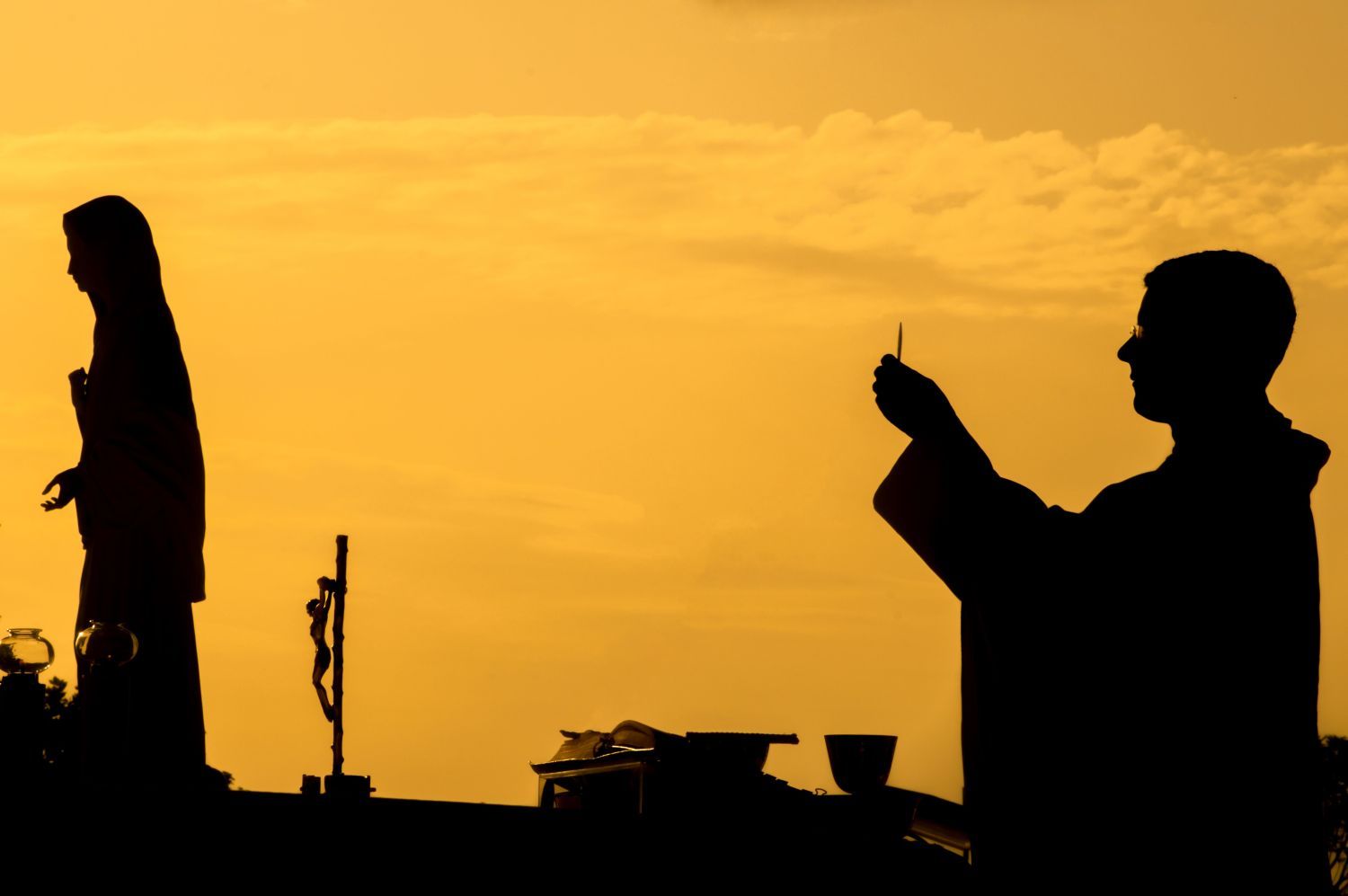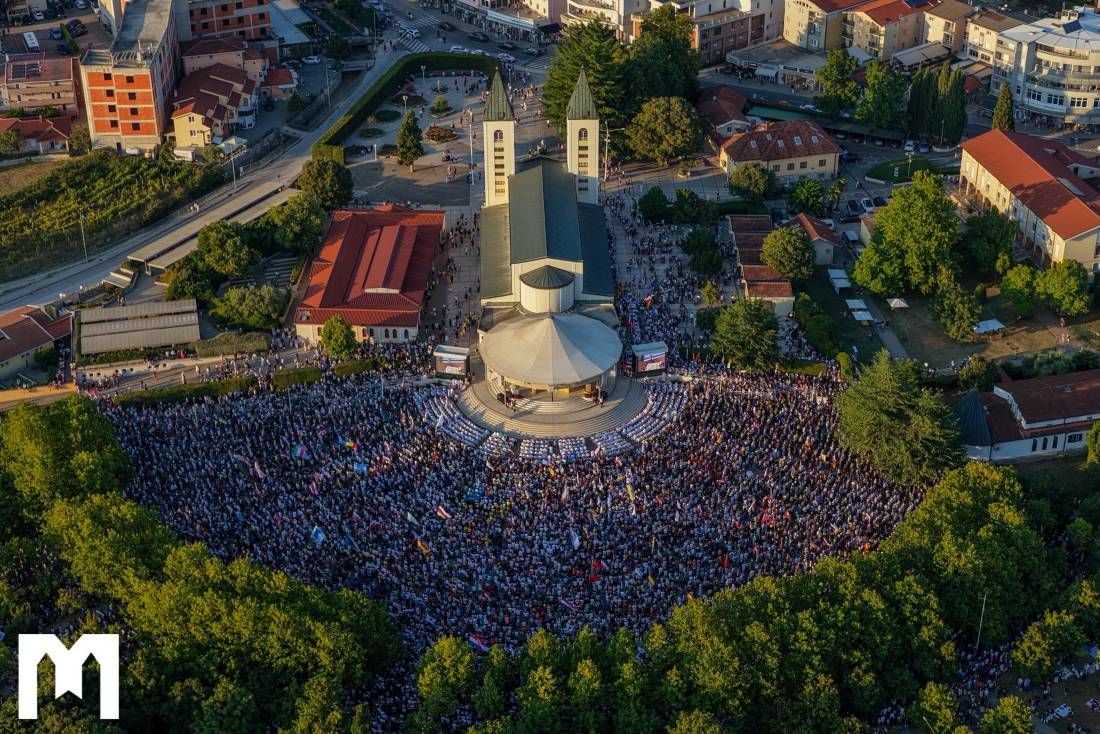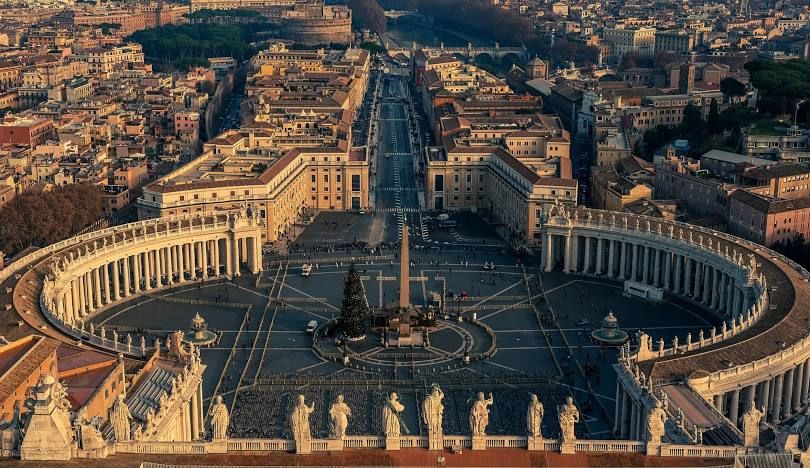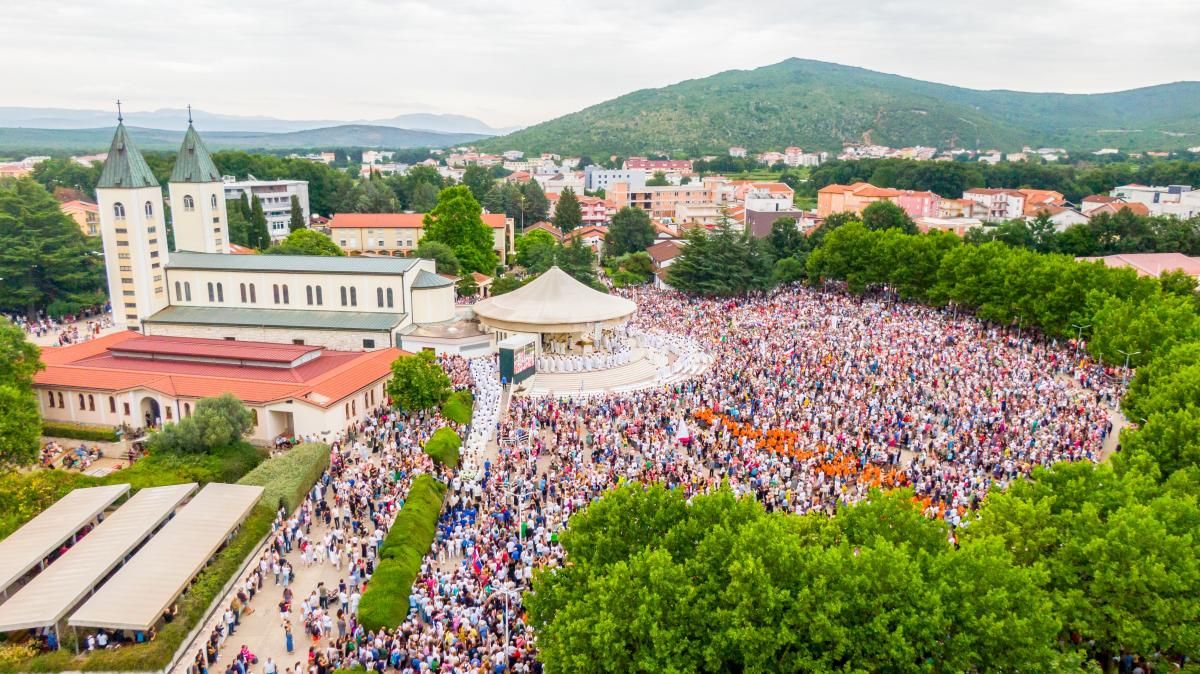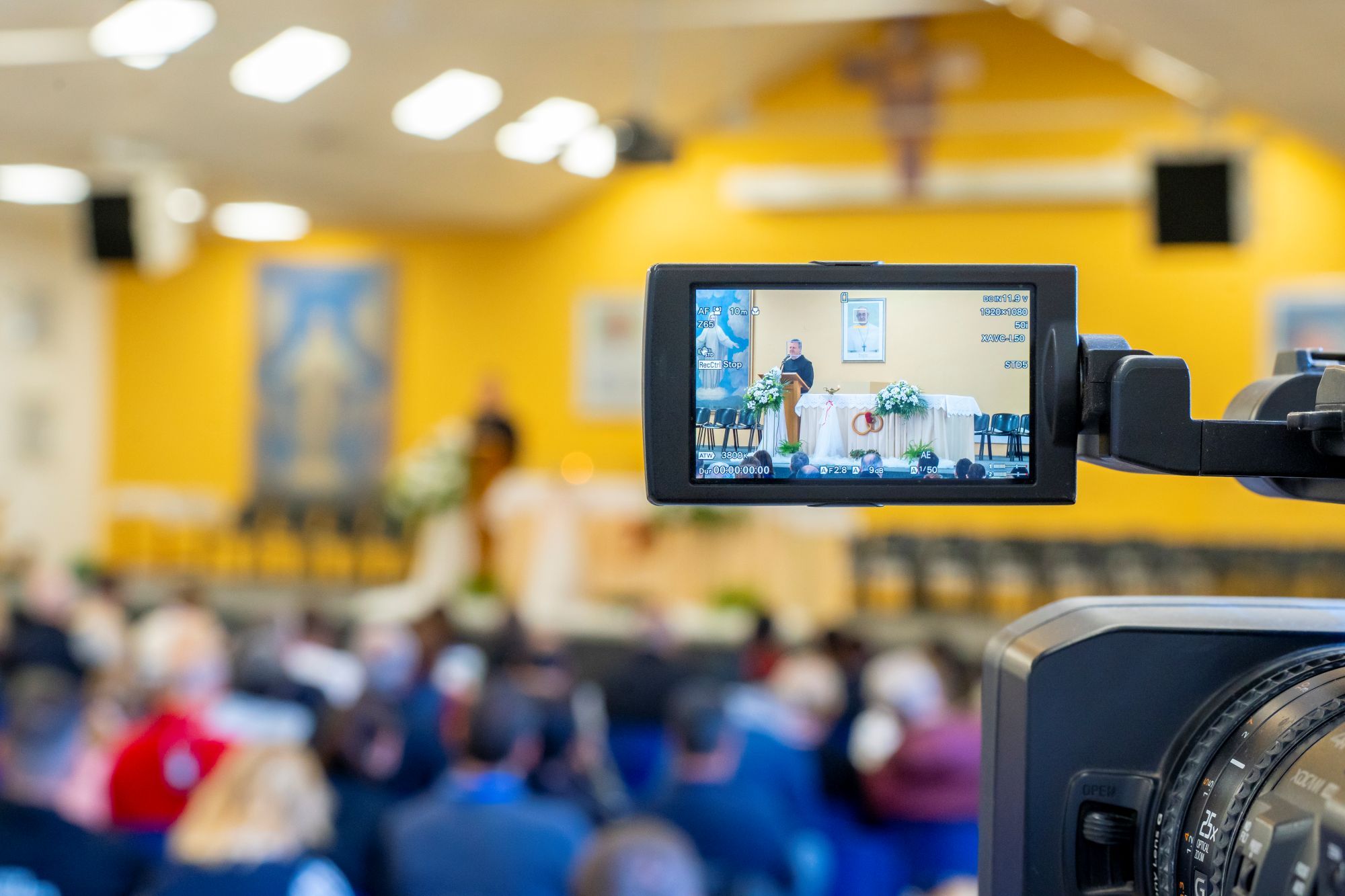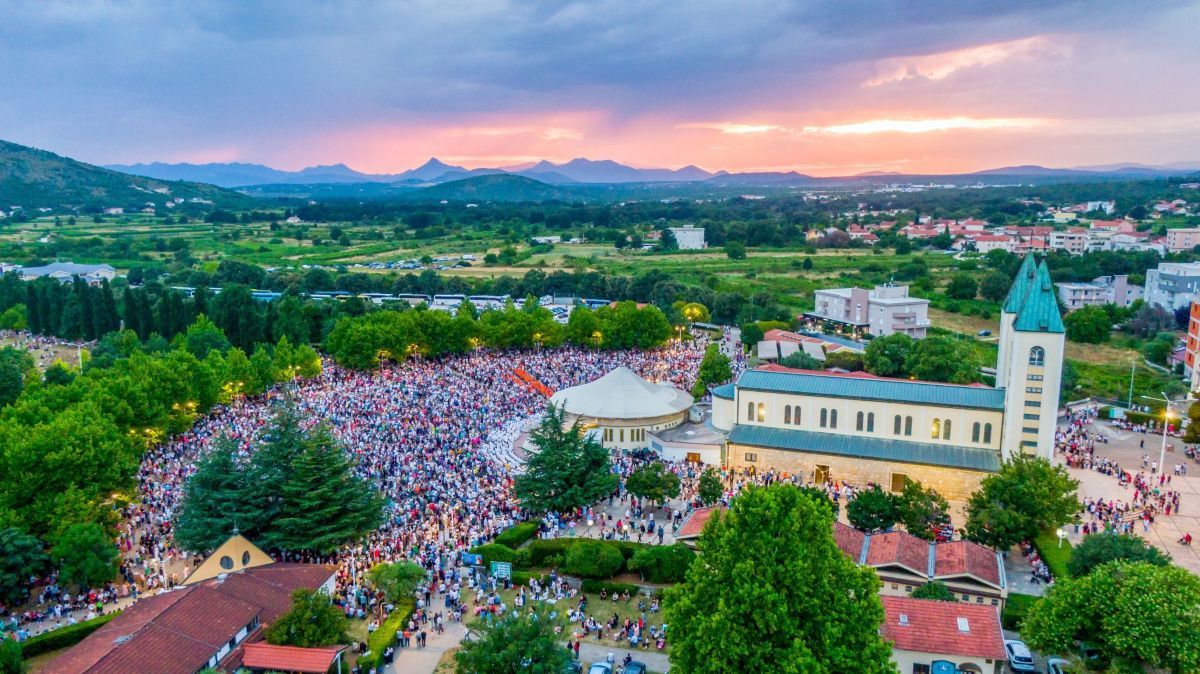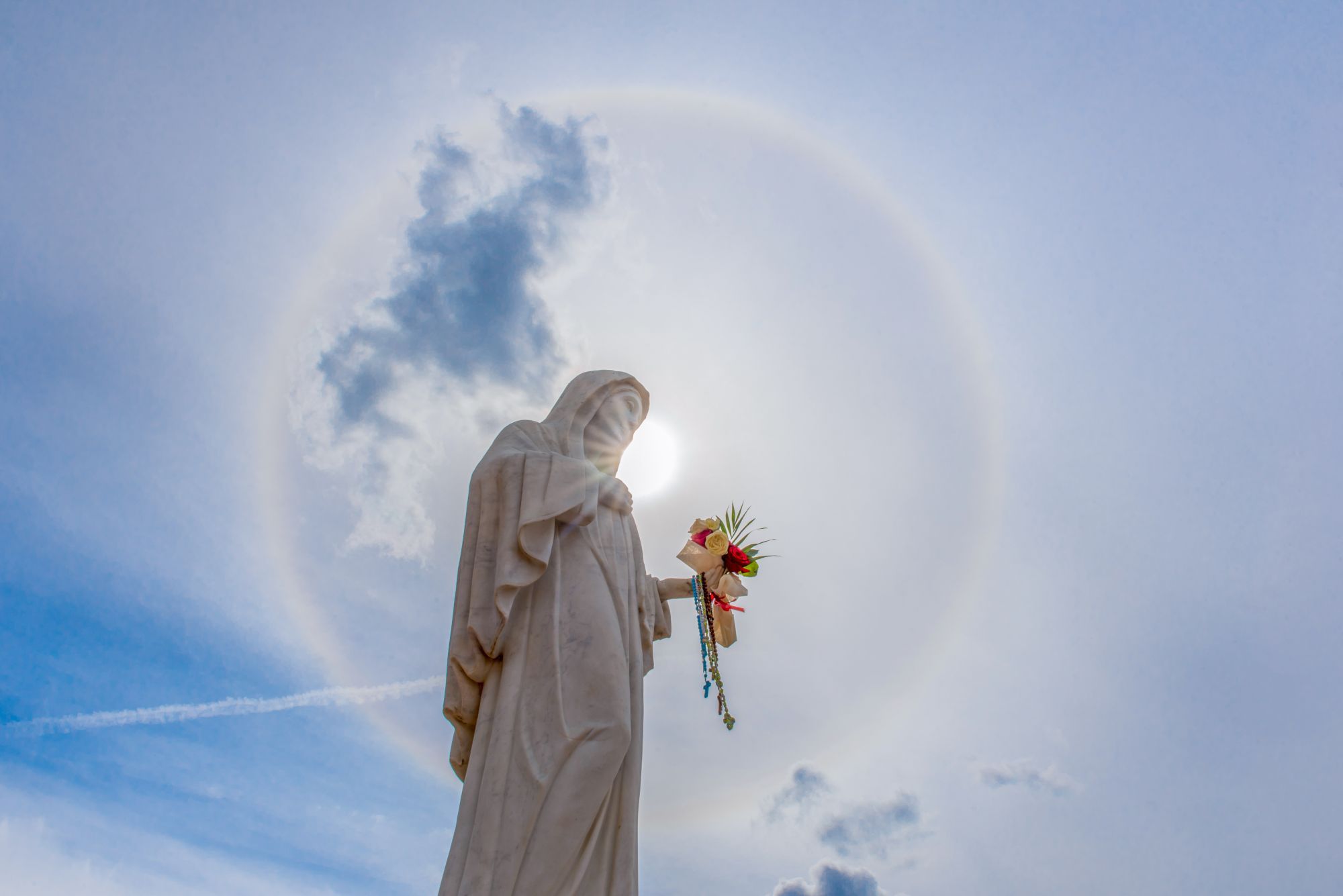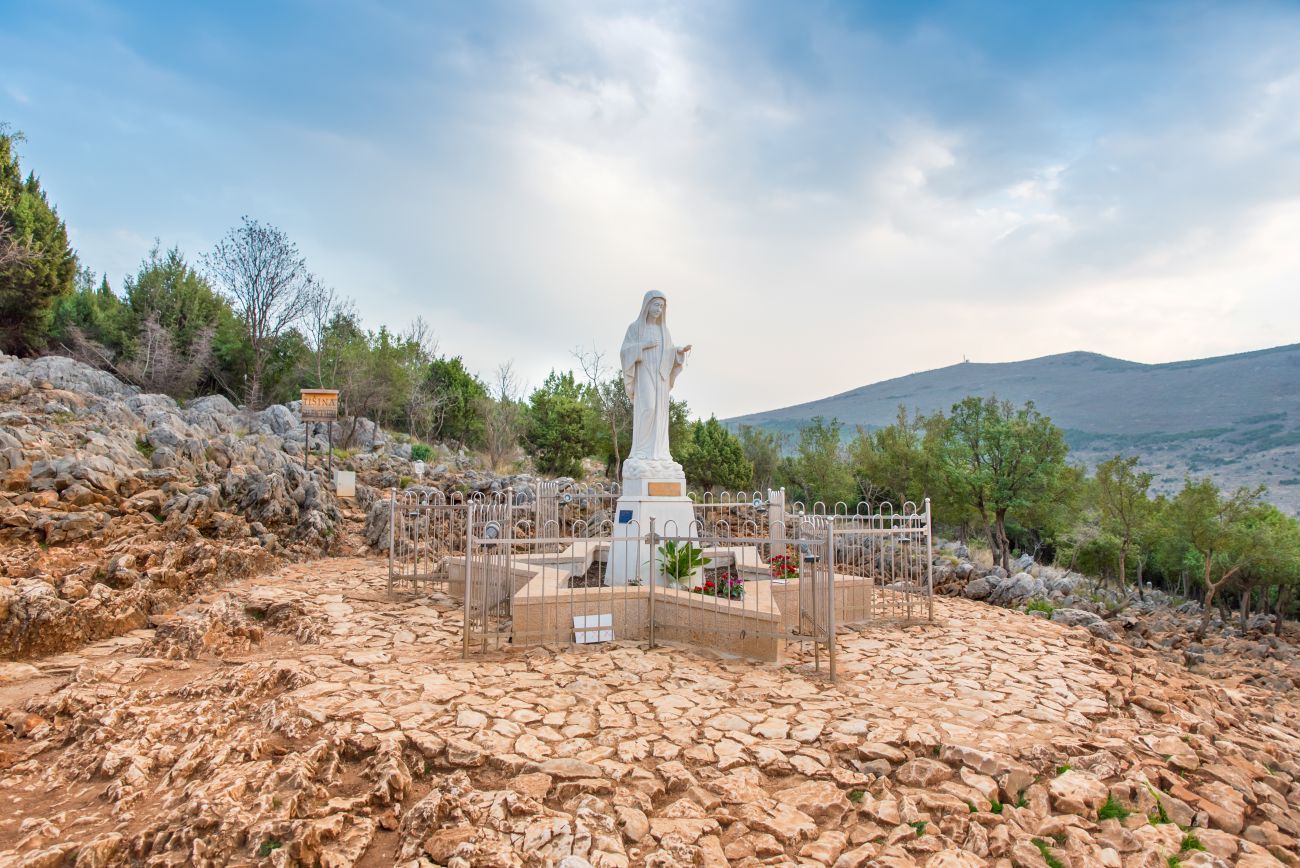
OUR LADY'S MESSAGE
December 25, 2025
“Dear children! Also today - when God permits me to carry to you in my arms little Jesus, the King of Peace, that He may fill you with the ardor of love and peace, so that every heart may be similar to His Heart in this time of grace - be resolute and courageous defenders of the love of your God, that in this time of grace He may give you His peace. Thank you for having responded to my call.”
(With ecclesiastical approval)

